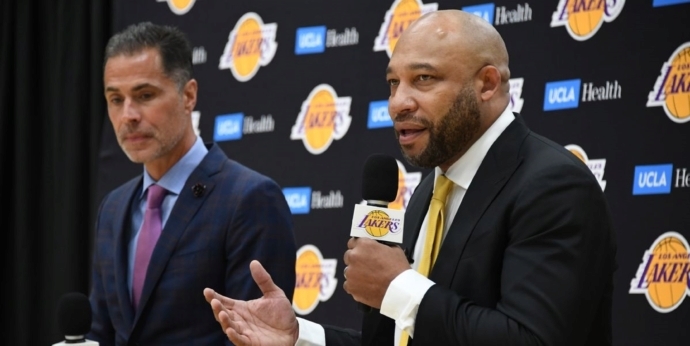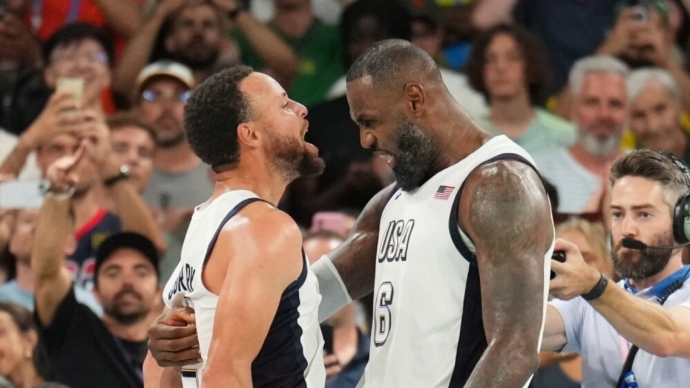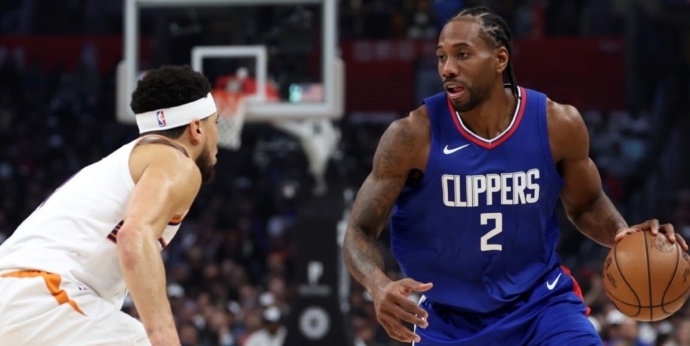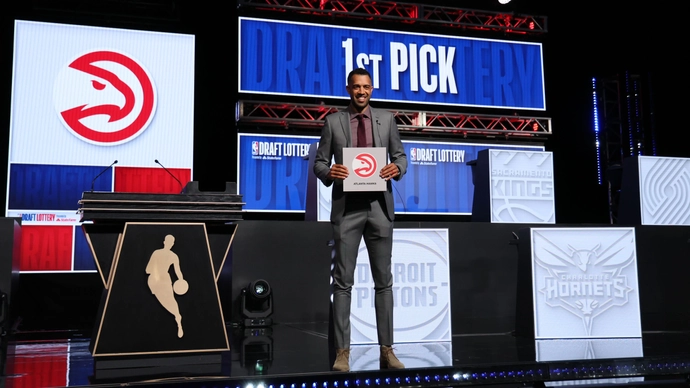This article was initially
published by Basketball News on Nov. 4, 2020.
Every NBA team approaches their
search for a head coach differently, and no two searches are the
same. Here are a few things to consider or put into perspective
when it comes to NBA teams’ coaching searches.
Some teams ask you to draw up
plays you’d run for their team on a chalkboard in the room before
you even sit down. In some interviews, they just want to talk about
your philosophies (as far as basketball and life in general). They
might ask you what changes can be made to the roster. It all just
depends on that team’s way of doing things.
My interview with the Chicago
Bulls was much different than my interview with the Los Angeles
Clippers. They were totally different situations, and other
interviews I’ve been in were completely different than
those. You’re never sure what’s going to happen
until you walk into the interview. Sometimes, you don’t even know
who’s going to be interviewing you.
Sometimes, it’s just the
front-office staff. Other times, the owner will be very involved.
Some teams bring in their team psychologist, and they have a whole
list of questions to ask you. They’re going to want to know what
kind of leader you are, and they’re going to want examples — not
just of your successes, but of your failures as well. How did you
adapt to change in these particular situations? How do you drown
out the media noise? How will you work with the players and
management? What is your overall level of commitment?
But it’s not just the
decision-makers that you have to sell yourself to, it’s the players
too. And you have to do that 24/7. You have to sell them on
what you
believe in if you want that give
and take and if you want them to buy in. Also, you have to make
them understand the standards that you’ve set for the
team.
Not every job is for every
coach. Every coach has different standards, beliefs and teaching
styles, and the team you’re interviewing with might not share the
same philosophy. You really have to know what you’re getting
into.
When you’re interviewing for a
head-coaching job, you talk about the roster and you have your own
questions that you want answered too. Are they trying to build
around a certain player? Are they willing to go into the luxury
tax? How much will they involve their head coach in draft and
free-agency decisions? For example, some teams want their coach to
be very involved and present for every draft workout; others don’t
want them to focus on that at all.
There’s way more research that
goes into preparing for an interview than most people can even
begin to imagine. You have to know as much as possible about the
team. The more details you have, the better. Not only are you doing
your homework about the roster, you’re looking at how the team is
situated going forward too. How many draft picks do they have in
the years ahead? What does the team’s cap situation look like? You
have to research all pertinent information about the roster and the
team’s flexibility moving forward.
Also, it’s important to
understand the team’s expectations (in the short-term and
long-term). Continued team improvement is paramount. Does the team
believe they can realistically contend for a playoff position that
season? Is there a certain future championship window (depending on
all of the talent assembled)?
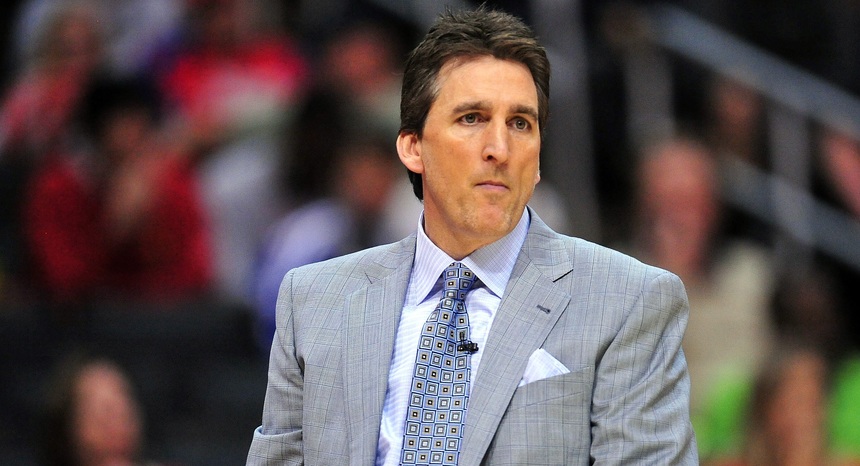
Once a coach does get the job,
that’s when the real work starts. It’s very difficult to win at a
high level, and it’s extremely difficult to win at a high level
consistently. You have to lead, and not all personalities are
the same or mesh well with certain leadership
styles.
Everyone throws around the word
‘culture’ like it’s easy to create. The teams that
have been able to create a consistent culture do so
from the ownership to the front office, all the way down to the end
of the bench.
The biggest keys to success in
winning are talent and consistency. When you look at all of these
winning organizations, what do they all have in common? They were
all consistent with their decision-making. They may have been
fortunate with draft picks that turned out much better than they
expected or free agents that just needed a fresh start, but that’s
only part of the equation.
You need to have a vision for
how all of these players are going to fit together. Each player is
a piece to the puzzle, and you’re trying to emphasize the player’s
strengths and work with them on their weaknesses. The staff is
always working on player development and focusing on the
fundamentals, while also learning each player’s personality and
skill sets to put them in the best position for success. Building
relationships with players is always the goal, which allows you to
improve players’ skill sets and ensure that the work they’re
putting in is not only helping the team but also their individual
career.
You can’t let rumors about your
team, your job security or yourself cloud your vision. You walked
into that interview room with a plan and a goal, and you can’t let
anything or anyone distract you from it. However, it’s also vitally
important to be flexible and open to making adjustments as you move
forward and receive new information.
You have your standards. You
have your vision. And you have to be yourself.
Finally, here’s something that
I’ve learned after being around the NBA for many years (as a
player, executive and head coach): The most important thing for a
coach is time. The more time a coach has, the more they can learn
about their team – from knowing everyone’s strengths and weaknesses
to figuring out people’s tendencies to seeing how certain guys play
well together. Over time, a coach will build strong relationships
with the players as well as others throughout the organization.
Trust and loyalty is earned and, if earned, must be reciprocated.
And everyone has to be pulling in the same direction in order to
exceed expectations and align with the standards set
forth.
Time is a coach’s best
friend.
